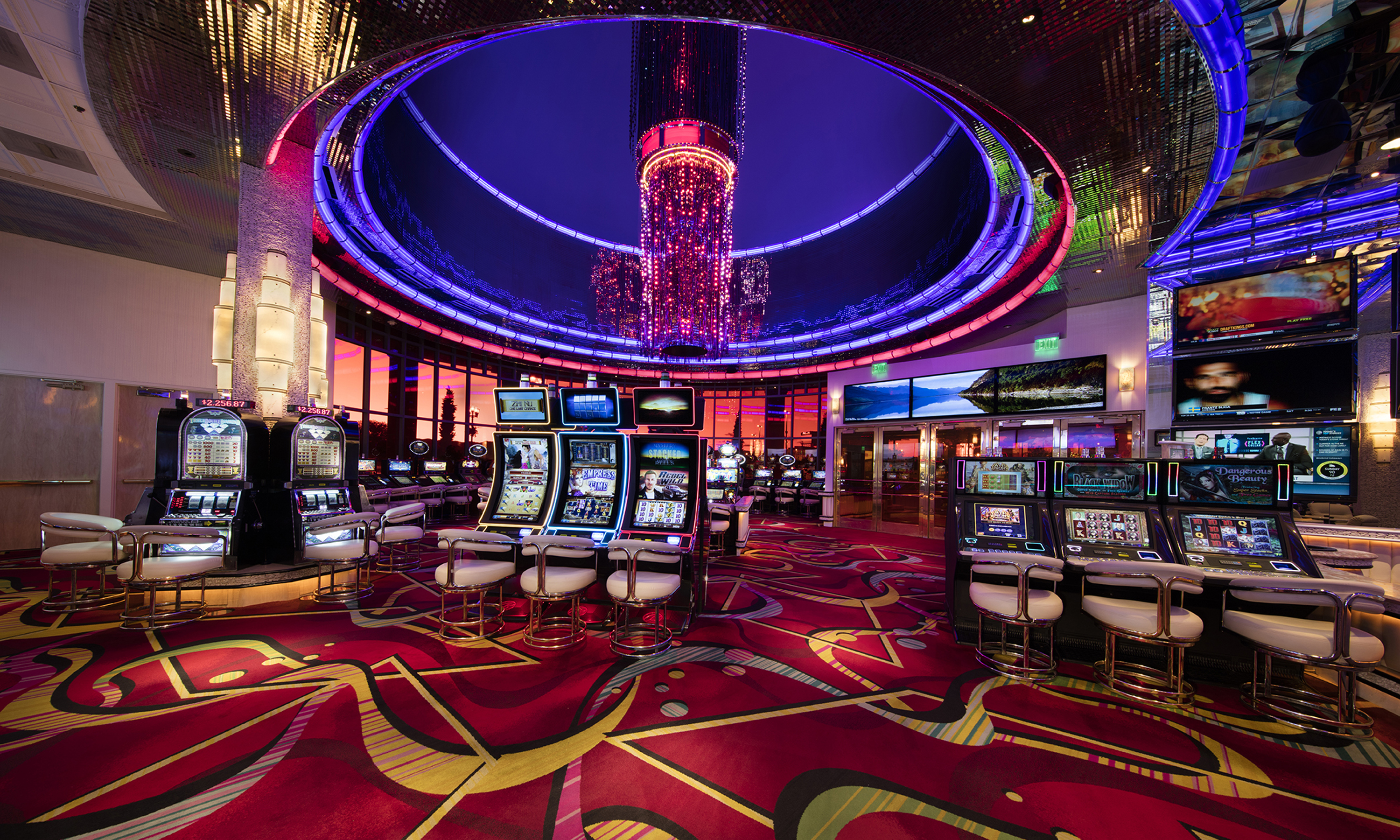The Evolution of Casino Gaming Activities Through the Centuries

Gambling games have captivated players throughout history, progressing from easy diversions to intricate adventures that integrate chance, strategy, and amusement. From the early beginnings of gambling in civilizations such as the ancient societies of Mesopotamia and Rome to the glitzy corridors of contemporary casinos, the evolution of these games reveals much about our nature and our connection with luck. As societies have intertwined and technology has advanced, casino games have changed, illustrating societal changes and advancements in gameplay.
The initial iterations of gambling likely featured simple dice games and betting on the outcomes of sporting events. Over time, these basic forms of gambling grew into better-organized games like table games, the roulette wheel, and the multitude slot games that fill casino floors today. Each period brought its distinct regulations, visual styles, and cultural importance. https://OKE179.CO In the current era, casino games maintain their evolution with the rise of online platforms, enabling players from various parts of the world to join in a collective experience, further merging the traditional with the modern era.
Early Origins of Gaming Games
Casino activities have roots that extend back to historical civilizations, where gambling was strongly integrated in cultural practices and cultural customs. The first known forms of betting developed in ancient Mesopotamia around 3000 BC, involving simple dice games made from knuckle material. These early games laid the foundation for more complex gambling games, demonstrating human beings’ instinctive urge to find fortune and entertainment through chance.
As societies progressed, so did their gambling interests. In ancient China, around two thousand three hundred BC, objects were found that resembled primitive basic versions of a lottery game activity. More organized instances of betting developed in the Roman Empire, where games of luck were a frequent recreation, often occurring in social gatherings. The Romans developed different betting games, which composed dice and table activities, showing the pervasive nature of betting across different social strata.
With the flow of years, these early activities influenced the development of contemporary casino games. In the medieval period, card activities grew prevalent in European culture, paving the way for the organized gambling venues we know today. The transition from informal gambling to formal gaming in pubs and private houses marked a significant shift in how people engaged with activities of luck, leading to the eventual creation of casinos as specialized venues for betting.
The Rise of Contemporary Gambling Industry
The final 1960s and 1970s marked a pivotal transition in the field of gaming, driven by technological progress and shifts in societal views towards betting. The emergence of personal computers and the World Wide Web revolutionized the way gamblers interacted with their preferred casino games. Virtual casinos emerged, enabling players to enjoy classic table games like poker and blackjack from the comfort of their own homes. This new digital landscape not only broadened access to casino games but also drew in a newer crowd who found the comfort and diversity appealing.
As online gambling gained momentum, so did advancements in gaming technology. The creation of advanced software and visual elements transformed classic gambling games into immersive experiences. Players could now connect with authentic dealers through real-time broadcasts, bringing the vibe of brick-and-mortar casinos directly into their homes. This blending of live gaming with online platforms created a unique hybrid experience that boosted the community element of gambling, allowing it possible for people to engage and compete with fellow gamers around the planet.
Additionally, the growth of mobile gaming significantly changed the casino landscape. With the widespread use of smartphones and touch devices, players can play their favorite casino games anywhere, anytime. Mobile applications offer a extensive range of options optimized for touchscreens, serving the fast-paced lifestyle of modern users. This availability has led to rising participation in casino games, contributing to the surge of the gaming industry. As a result, the prospects of casino gaming continues to evolve, responding to technological advancements and changing player expectations.
How Technology Influences Casino Games
Technology’s advancement has significantly transformed casino games, improving the overall experience for players for players around the world. As the internet emerged, online casinos emerged, allowing players to play their preferred games from the safety of their own homes. This shift not only made casino games more available but also increased the variety of games available, as online platforms could host numerous variations of traditional games without the physical constraints of brick-and-mortar establishments.
Mobile technology further revolutionized the casino gaming landscape. With the proliferation, players can to engage in casino games whenever and wherever they want. This mobility has resulted in the creation of dedicated mobile applications and optimized websites that provide seamless gaming experiences. Additionally, advancements such as live dealer games have delivered the authentic atmosphere of a casino into players’ living rooms, bridging the gap between physical and online gaming.
Moreover, advancements in artificial intelligence and virtual reality are leading to the next generation of casino games. AI enhances game design and player interaction, creating tailored experiences based on user behavior and preferences. Meanwhile, virtual reality offers immersive environments where players can interact in a virtual casino environment, making the gaming experience more engaging and lifelike. As technology continues to evolve, the future of casino games seems bright, filled with endless possibilities for advancements and entertainment.
